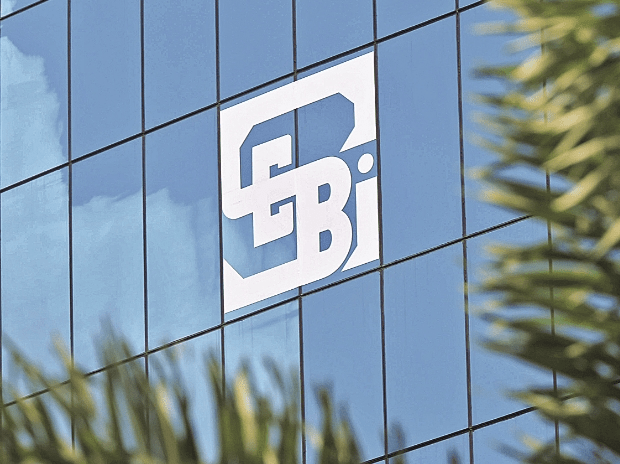As India continues to surge as one of the world’s fastest-growing economies, its financial markets are experiencing significant evolution commensurate with the expanding economy. The proliferation of financial products attracts a wave of new investors to the market. However, alongside this growth, there’s a heightened risk of fraud and mismanagement as the number of investors and service providers increases.
Instances of malpractices, such as the unauthorised selling of clients’ holdings by stockbrokers, have raised concerns about the safety of demat accounts. In light of these incidents, it becomes imperative to assess the security of one’s demat account by understanding its structure and recent developments in trading practices. This scrutiny is essential for investors to ensure the integrity and safety of their investments in the dynamic landscape of India’s financial markets.
Let us first understand whether a demat account is safe.
Certainly. Investors have the option to open demat accounts with depository participants (DP), who are affiliated with either of the two main depositories: National Securities Depository Limited (NSDL) or Central Depository Services Limited (CDSL), both endorsed by NSE and BSE respectively. These depositories are backed by reputable organisations, including various Public Sector Undertakings (PSUs) and leading companies, instilling confidence in the safety of the demat securities they administer.
Regulated by the Securities Exchange Board of India (SEBI), the securities held within these depositories are subject to stringent regulations, minimising the risk of fraud. SEBI’s guidelines have standardised Power of Attorney (PoA) norms, mandating limited-purpose PoAs that restrict a broker’s authority to only facilitating the transfer of securities and funds for settlement purposes.
While PoA is not obligatory, its utilisation streamlines transactions. Under the revised regulations, brokers cannot execute transactions or transfer securities for off-market trades without explicit written consent from the client. Moreover, with transactions and settlements conducted electronically, there exists a traceable trail for regulatory authorities to monitor. This enhanced transparency makes it easier for authorities to detect any fraudulent activities perpetrated by brokers.
In essence, demat accounts are reasonably secure under these guidelines. However, investors can take additional steps to safeguard their demat accounts.
How can you keep your demat account safe?
To ensure the safety of your demat account, it’s crucial to adhere to several key practices:
Keep Your Credentials Confidential: Safeguard your username, password, and security questions and answers, refraining from sharing them with anyone, including your Depository Participant (DP).
Update Contact Information: Regularly update your email address and mobile number with your DP to ensure timely communication and alerts.
Enable Alerts: Register for SMS and email updates on your demat account and monitor alerts closely. Immediate notifications can help detect and address any suspicious activities promptly.
Review Statements Regularly: Periodically check your holding statement, at least once a month, to verify the accuracy of your holdings and transactions.
Manage Cash Balances: Avoid leaving excess cash in your trading account; transfer funds from your savings account only when necessary for purchases.
Take Immediate Action: If you detect any fraudulent activities, promptly freeze your account and report the incident to the relevant authorities. Freezing the account halts unauthorised transactions until the issue is resolved.
Choose a Reliable DP: Select a reputable Depository Participant regulated by SEBI, ensuring compliance with regulatory standards and robust risk management practices.
Beware of Scams: Exercise caution regarding phishing emails and scams aimed at extracting personal information. Avoid clicking on links from unknown senders and be wary of unsolicited investment opportunities.
Implement Two-Factor Authentication: Strengthen security with a robust password and enable two-factor authentication, requiring an additional code from your phone for account access.
Stay Informed: Educate yourself about common scams and fraudulent schemes, remaining vigilant against potential threats to your demat account security.
By following these practices diligently, investors can effectively safeguard their demat accounts from unauthorised access and fraudulent activities.
FAQs
What should I do if I encounter any issues with my demat account?
If you face any problems with your demat account, such as unauthorised transactions or discrepancies in holdings, contact your DP immediately and report the issue to the relevant regulatory authorities.
How do I manage my demat account online?
Most DPs offer online platforms or mobile apps for managing your demat account. You can access these platforms to view your holdings, track transactions, buy/sell securities, and update account information.
What fees are associated with a demat account?
DPs may charge various fees, including account opening charges, annual maintenance charges (AMC), transaction charges, and other applicable taxes. These fees vary depending on the DP and the services provided.
What documents are required to open a demat account?
Typically, you will need to provide identity proof (such as Aadhar card, passport, or driver’s license), address proof (such as utility bills or bank statements), PAN card, and recent passport-sized photographs.
Can I close my demat account?
Yes, you can close your demat account by submitting a closure request to your DP. Ensure that all securities held in the account are either transferred to another account or rematerialised before closing the demat account.






